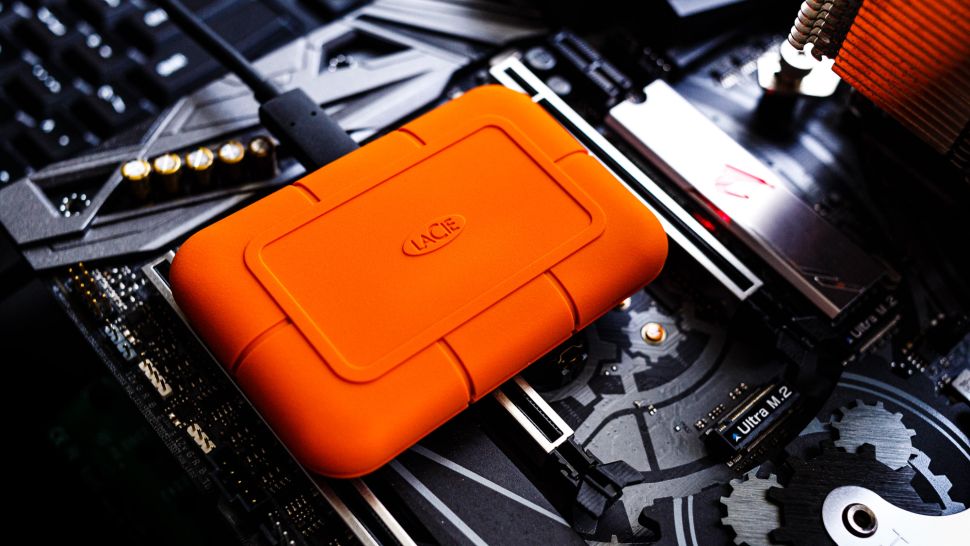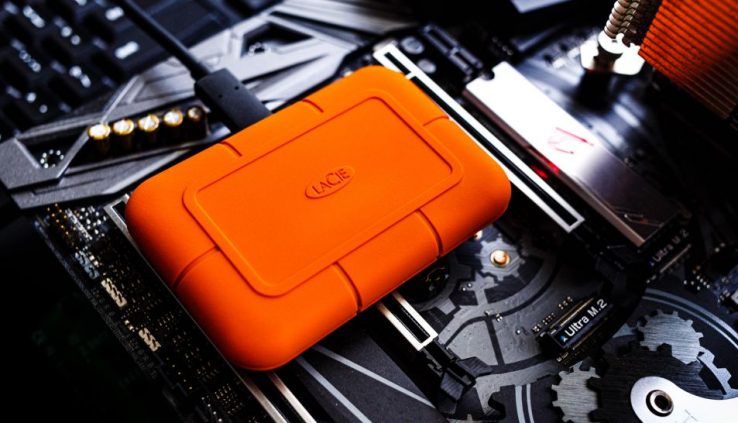LaCie Rugged SSD Review: Tough, Secure, and Fast
By Adam Noyes
Tomshardware.com recently posted a great article reviewing the LaCie Rugged SSD. This portable, rugged drive is one of our favorite storage solutions available today for those on the go- so we’d like to break down some of the finer points of that article.

LaCie’s Rugged SSD is exactly what the name implies: a rugged SSD. Built for the filmmaker or professional on the go, the Rugged SSD provides enough performance to let you transfer and edit 4K video quickly over a USB-C 10 Gbps connection. And aside from being fast, it also features convenient password protection to keep your sensitive data secure on both Windows and Mac systems, too. The main downsides? It’s expensive and the included cables are short.
Moving around, backing up, and syncing a lot of media files, especially those RAW 4K videos you have taking up all your space, can be quite time-consuming. That’s what makes toying with (or testing) some of the latest 10 Gbps devices a pleasure and Thunderbolt 3 a dream — at least with the quality ones that is. Drag, drop, your task is done in a matter of moments and the drive is ready for more. Unlike those archaic HDDs that seem to take forever if you’re dealing in gigabytes — let alone terabytes.
We recently reviewed the SanDisk Extreme Pro, a quality built, fast external drive that goes non-stop after hours of hammering it with data. It’s built using WD’s Black NVMe SSD and is a pretty sweet drive if you need that type of performance to keep up with your workflow.
But what if you want another option? Maybe one with a better encryption method that is hardware-based? Maybe you want something that’s even more rugged and ready for the road. Or maybe you’re just a die-hard LaCie fan with money to burn? Either way, we now have the LaCie Rugged SSD, and it’s out to compete. With a similar formula to that of the SanDisk Extreme Pro, LaCie takes Seagate’s high-end PCIe 3.0 x4 M.2 NVMe SSD, the FireCuda 510, and packs it into the Rugged SSD’s fast and iconic Neil Poulton-designed enclosure.
tomshardware.com

